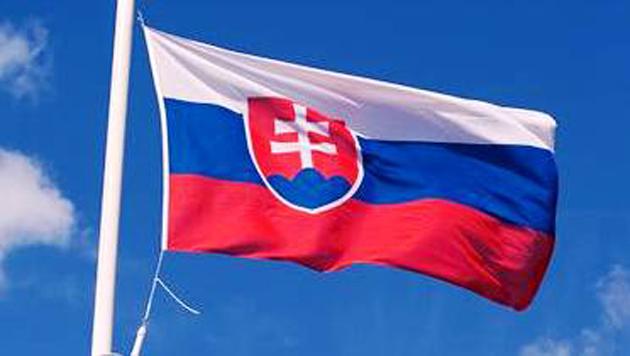Research shows Slovaks take stricter approach to judging Romani people than to judging Hungarians - or themselves

News server DenníkN.sk reports that a team of Slovak scholars, led by sociologist Andrej Findor from Comenius University, have conducted research to ascertain how respondents assess the commission of a misdemeanor depending on whether it is committed by an ethnic Hungarian, Roma or Slovak. Compared to the other groups, it is absolutely clear that respondents assess Romani people most strictly.
Participants were asked to read a story about a man working under the table whose family is on welfare. They were then asked to evaluate the situation more closely to determine who was responsible for the situation and why.
In the case of the story about the Romani family, most respondents assessed responsibility for the situation as being the result of a flaw in the characters of the Romani people themselves, while in the case of the Hungarian and Slovak families they blamed impersonal factors such as high unemployment, unfavorable circumstances, etc. "We ascertained that Slovaks morally judge the same actions more strictly and punish them more strictly when they are performed by Romani people than when they are perpetrated by Hungarians or Slovaks. This double standard is closely related to stereotypes about Romani people, which are more negative than the stereotypes held about Hungarians and Slovaks," Findor told DenníkN.sk.
The scholars explain this disproportion by saying that we approach those with whom we ourselves identify (e.g., those of our same ethnicity/nationality) more indulgently. We are usually much more critical and less tolerant of people whom we perceive as less similar to "us".